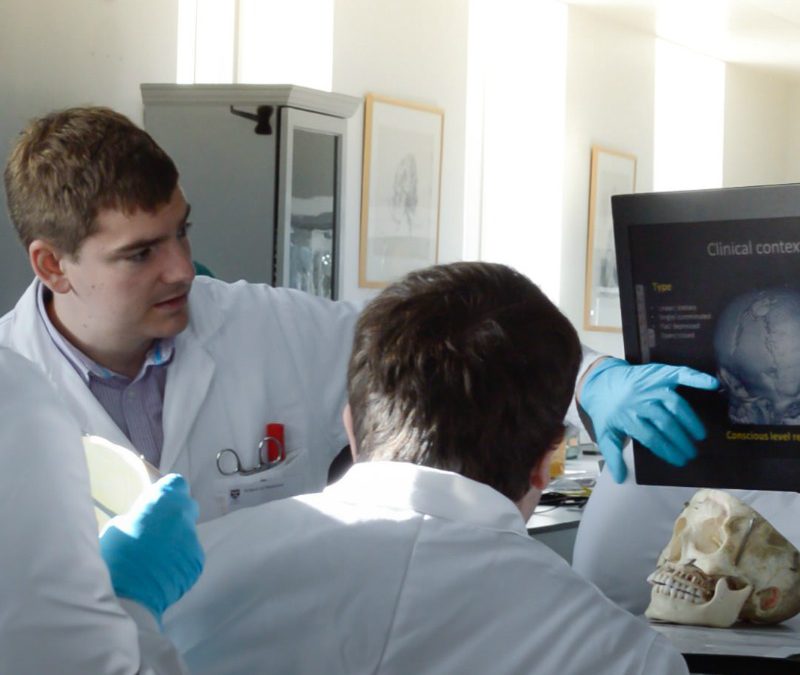You might think that neuroticism, frequently linked to depression and anxiety, would be considered a trait that would shorten your life span. But it could actually lengthen your lifespan, according to one study that was published in Psychological Science and reported in the November/December, 2017 issue of Psychology Today. Of the 321,000 people studied, those who rated themselves low on health tended to have a lower mortality rate. It’s thought that people who scored high in neuroticism and rated their own health as poor or fair might make greater use of primary care and go to hospitals more often.
This isn’t suggesting that you become neurotic; but it could suggest that it pays to get regular checkups and not write off the medical profession simply because you have had some success with natural remedies – or nature itself, as I discussed in a previous blog article, “The greening of my life.” We also need the medical profession in order to live a long and fruitful life.
I have been writing a lot about the importance of sunshine, attitude, lifestyle and environmental factors for healthy living. I do believe in the power of such things as nature, sleep, relationships, music and the environment to improve both your health and longevity. But I still go to the dentist when I have a toothache, and owe my life to doctors who nipped my cancer in the bud, performed surgeries when necessary, and diagnosed the diseases and complaints I have experienced along the way.
David B Agus, MD, in his book, A short guide to a long life, indicates that a staggering seven out of 10 deaths among Americans each year are from chronic diseases such as heart disease, cancer, stroke, dementia, kidney disease and diabetes. He also suggests that there is a plethora of information available in this high-tech age on how to stay healthy. And yet prevention is a hard sell – perhaps because we tend to live in the moment rather than prepare for the future.
To quote Dr. Angus, “preventable non-communicable diseases now account for more deaths worldwide than all the causes combined.” If we took an active interest in our own health – enough at least to carve out a lifestyle that would pay off in the future – we would have a much better chance of extending our lifespan.
We are so conditioned to “buy now and pay later” that we frequently do the same with our health – we overindulge or eat junk food and pay for it later in life.
As far as preventative health measures are concerned, there is no “one fits all” regime that we can adopt. For example, such things as acupuncture, aromatherapy and massage can be effective only for certain conditions and certain people. But there are some things we can all do that seem to help everyone, such as exercise, adequate sleep and exposure to nature.
In my book, “How work environment impacts productivity”, published by Bookboon.com, I discuss not only how the nature impacts not only our personal productivity, but in many cases our health as well


Recent Comments